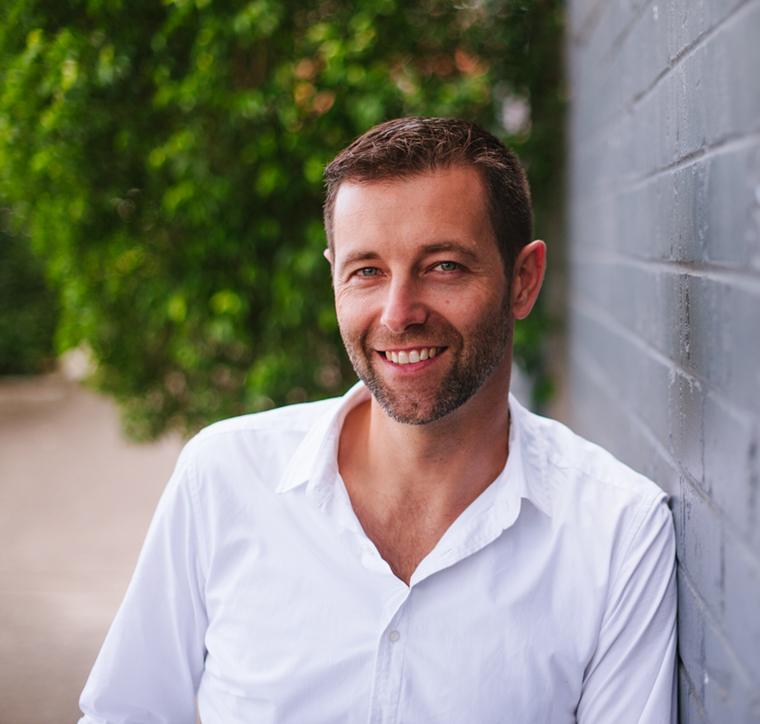Same Sex Marriage - Conclusions
The SSM poll is behind us now and as was widely predicted, the yes vote is the clear majority. I know I’ll have some people close to me cheering, and others telling me the countdown clock to Armageddon just sped up. No one really knows what the implications will be till the legislation is finalized, though I’m not losing sleep over it. Frankly, any form of ‘religious persecution’ that may come from the change is a trifle compared to say, what our Christian brothers and sisters in Egypt, Syria or North Korea face every day of their tortured lives. I’d be embarrassed to call just about anything our essentially reasonable politicians can throw at us as ‘persecution.’
The church in Australia (and certainly my own church, Georges River Life Church) have always had only 2 options. We either sincerely open our doors and hearts to anyone to come, or we continue to shrink from society and betray the kingdom that Jesus ceaselessly embodied.
That kingdom is not an exclusive club for the righteous. No, it is a regal wedding invitation gone viral, shouted from every street corner to anyone who would come—just as they are (Matthew 22.9). That kingdom is like a giant fisherman’s net that indiscriminately scoops up everything in its pathway (Matthew 13.47). And that kingdom demonstrates a radically subversive power in strange ways—like an innocent king willfully hanging on a Roman cross for a world gone mad, lost in its own distortions of the ‘good life’.
Jesus’ kingdom is the paradoxical marriage of a perfectly good and holy God with perfectly broken and unholy people. His invitation is to all people to come and be re-formed by His truth and grace, from the inside to the out. Which is why Jesus also described his kingdom as like yeast - a tiny amount works its transforming power slowly and invisibly through all the ‘dough’ of our lives (Matthew 13.33).
Surprisingly, Jesus, post-resurrection gave his followers, the church, the task of being his ambassadors, representing and progressing that same kingdom. That decision through history has looked like a tactical blunder at times, and equally an act of sheer brilliance. Either way, the church today must constantly ask itself this question: ‘Are we accurately representing the kingdom Jesus inaugurated or something else?’ If the LGBTIQ community are left feeling like lepers at the front doors of our sanctuaries, then I suspect we need to go back and re-read the gospels.
Does that mean we all roll over and say anything goes? I’m not suggesting that at all. What I am suggesting is that Jesus is always the one who does the heart surgery and the churches role is to not scare people away from the operating theatre.
So, after all the rainbow-colored balloons have deflated, the flags folded and last drinks are had at the victory parties; after the media move on to the next story; after the surge of new marriages have been registered at the office of births, deaths and marriages; after the gloom of those who feel disaffected or betrayed by it all; and after we settle into a new norm in the Australian landscape; I have a sneaking suspicion that the answer, the real answer to all our angst and longing for validation, significance and hope will ultimately remain unfulfilled.
I seriously doubt an equality utopia will now suddenly descend from the heavens and people will live unoffended, unoppressed or burden-free lives. No earthly marriage of any kind, and certainly no legislation (just look at Indigenous Australia) will quiet the nagging ache of our souls nor our innate propensity toward brokenness. The gospel reveals that progressive or conservative, straight or gay, rich or poor, privileged or unprivileged—our crafted identities and mini kingdoms only go part of the way toward a life that is truly free and flourishing. Jesus and his kingdom remains the ultimate answer to all our hopes and fears—and maybe this is a time for getting our focus back onto that message.
So now may we walk in the beautiful tension of living uncompromisingly, disagreeing respectfully, engaging purposefully and loving relentlessly.
The church in Australia (and certainly my own church, Georges River Life Church) have always had only 2 options. We either sincerely open our doors and hearts to anyone to come, or we continue to shrink from society and betray the kingdom that Jesus ceaselessly embodied.
That kingdom is not an exclusive club for the righteous. No, it is a regal wedding invitation gone viral, shouted from every street corner to anyone who would come—just as they are (Matthew 22.9). That kingdom is like a giant fisherman’s net that indiscriminately scoops up everything in its pathway (Matthew 13.47). And that kingdom demonstrates a radically subversive power in strange ways—like an innocent king willfully hanging on a Roman cross for a world gone mad, lost in its own distortions of the ‘good life’.
Jesus’ kingdom is the paradoxical marriage of a perfectly good and holy God with perfectly broken and unholy people. His invitation is to all people to come and be re-formed by His truth and grace, from the inside to the out. Which is why Jesus also described his kingdom as like yeast - a tiny amount works its transforming power slowly and invisibly through all the ‘dough’ of our lives (Matthew 13.33).
Surprisingly, Jesus, post-resurrection gave his followers, the church, the task of being his ambassadors, representing and progressing that same kingdom. That decision through history has looked like a tactical blunder at times, and equally an act of sheer brilliance. Either way, the church today must constantly ask itself this question: ‘Are we accurately representing the kingdom Jesus inaugurated or something else?’ If the LGBTIQ community are left feeling like lepers at the front doors of our sanctuaries, then I suspect we need to go back and re-read the gospels.
Does that mean we all roll over and say anything goes? I’m not suggesting that at all. What I am suggesting is that Jesus is always the one who does the heart surgery and the churches role is to not scare people away from the operating theatre.
So, after all the rainbow-colored balloons have deflated, the flags folded and last drinks are had at the victory parties; after the media move on to the next story; after the surge of new marriages have been registered at the office of births, deaths and marriages; after the gloom of those who feel disaffected or betrayed by it all; and after we settle into a new norm in the Australian landscape; I have a sneaking suspicion that the answer, the real answer to all our angst and longing for validation, significance and hope will ultimately remain unfulfilled.
I seriously doubt an equality utopia will now suddenly descend from the heavens and people will live unoffended, unoppressed or burden-free lives. No earthly marriage of any kind, and certainly no legislation (just look at Indigenous Australia) will quiet the nagging ache of our souls nor our innate propensity toward brokenness. The gospel reveals that progressive or conservative, straight or gay, rich or poor, privileged or unprivileged—our crafted identities and mini kingdoms only go part of the way toward a life that is truly free and flourishing. Jesus and his kingdom remains the ultimate answer to all our hopes and fears—and maybe this is a time for getting our focus back onto that message.
So now may we walk in the beautiful tension of living uncompromisingly, disagreeing respectfully, engaging purposefully and loving relentlessly.













